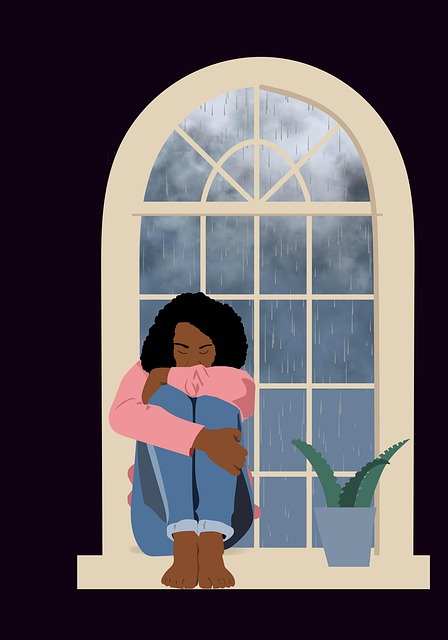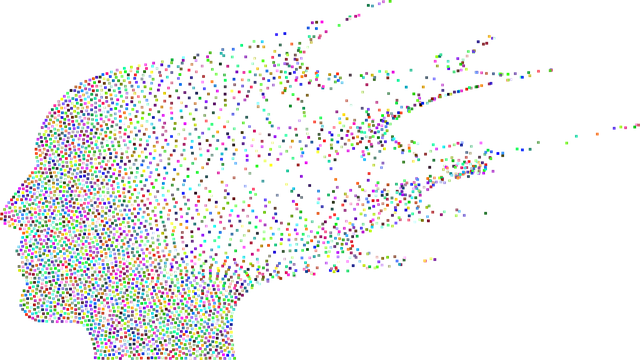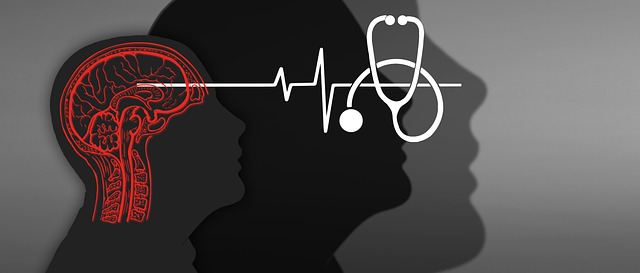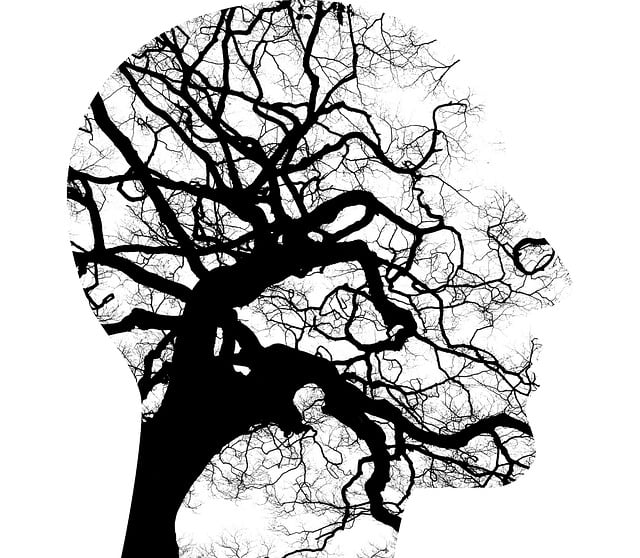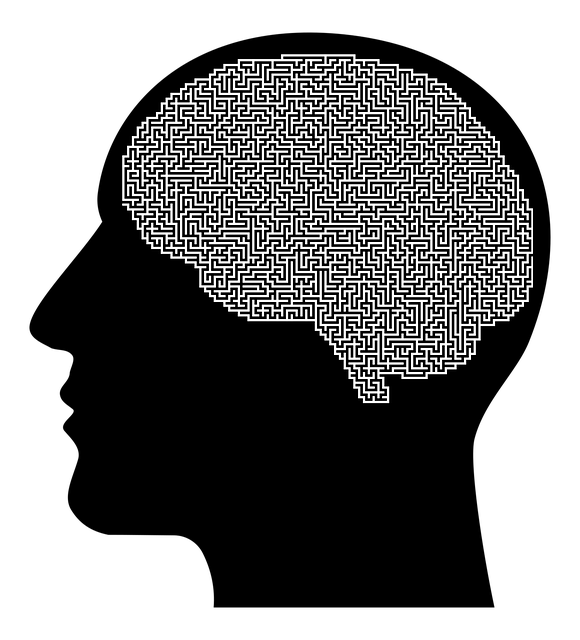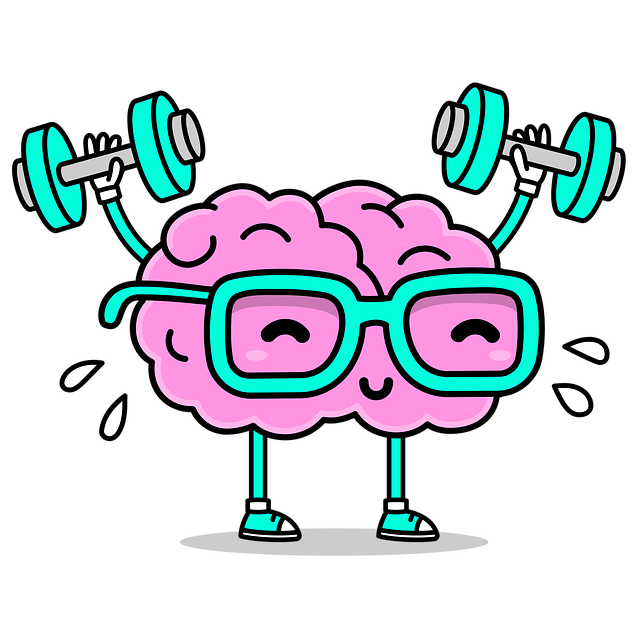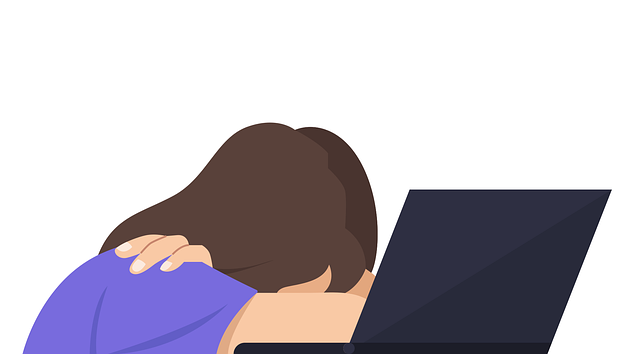The Reliance, Functionality, and Meaning (RFM) model is a versatile framework promoting resilience across age groups. For adolescent teens, RFM therapy enhances coping skills through self-reflection on resources, roles, and purpose, improving emotional well-being. Geriatrics can use RFM to maintain independence, improve communication, and navigate aging transitions positively, boosting quality of life. Tailored exercises for both demographics empower individuals with stress management, emotional healing, and growth mindsets, leading to improved mental health and adaptability. Implementing RFM in therapeutic settings benefits adolescents and geriatrics, offering targeted interventions for personal growth, purpose, and well-being, particularly focusing on Therapy for Adolescent Teens and Geriatrics.
Resilience is a vital asset, especially in today’s challenging world. This article explores the power of RFM (Recovery, Flexibility, and Mastery), a therapeutic framework enhancing resilience across age groups. We delve into its significance for teenagers, offering strategies to navigate stress and adversity, and its potential in geriatrics, improving quality of life. By understanding RFM’s impact, professionals can implement effective exercises tailored to different demographics, providing measurable results. From teen therapy to geriatric care, RFM emerges as a transformative tool.
- Understanding RFM and its Relevance in Different Age Groups
- The Impact of Resilience Building Exercises on Teenagers
- Applying RFM to Geriatrics: Enhancing Quality of Life
- Implementing RFM: Strategies for Effective Delivery and Measurable Results
Understanding RFM and its Relevance in Different Age Groups

Resilience is a vital asset for individuals across all age groups, from adolescents to geriatrics, and is often fostered through Reliance, Functionality, and Meaning (RFM) exercises. This model recognizes that building resilience isn’t age-specific; rather, it’s about understanding and leveraging an individual’s unique context and experiences. For adolescent teens, RFM can be a powerful tool to enhance coping skills development and stress management. These exercises encourage teens to reflect on their personal resources (reliance), the roles they play in their lives (functionality), and the sources of purpose and significance in their daily experiences (meaning).
In contrast, for geriatrics, RFM can help maintain a sense of independence and improve communication strategies as individuals navigate aging. These exercises promote awareness of personal strengths and support systems, foster a positive outlook on life’s transitions, and encourage meaningful engagement with others. Regardless of age, RFM-based resilience building aims to empower individuals with the tools necessary to navigate challenges, promote mental well-being, and enhance overall quality of life.
The Impact of Resilience Building Exercises on Teenagers

Resilience building exercises have been shown to significantly benefit teenager’s emotional well-being and overall mental health. These exercises, often tailored to cater to the unique needs of adolescents, play a crucial role in fostering coping mechanisms that can last into adulthood. Through engaging in activities focused on stress management, emotional healing processes, and cultivating a growth mindset, young individuals learn to navigate challenges with increased adaptability and resilience.
The impact extends beyond immediate emotional improvement; these exercises contribute to self-esteem improvement, enabling teens to build confidence in their ability to overcome obstacles. By incorporating mind over matter principles, teenagers develop a stronger sense of control over their lives, enhancing their overall mental fortitude. This proactive approach to mental health care, when integrated into therapeutic settings or personal development programs, can profoundly benefit both adolescent teens and geriatrics alike, setting them on a path toward healthier and more fulfilling lives.
Applying RFM to Geriatrics: Enhancing Quality of Life

Applying RFM—a powerful framework for resilience building—to geriatrics offers a unique opportunity to enhance the quality of life for older adults, especially those facing challenges related to mental health and burnout. This therapeutic approach is particularly relevant in addressing the growing need for senior-focused mental health awareness and support. By incorporating self-awareness exercises tailored to geriatric populations, healthcare professionals can help individuals navigate the complexities of aging with resilience.
RFM provides a structured pathway to strengthen psychological flexibility, enabling older adults to adapt to life’s transitions and stressors. The approach is valuable in preventing burnout, which is prevalent among both geriatric care providers and their patients. Through targeted interventions, RFM facilitates personal growth, fostering a sense of purpose and well-being that is crucial for the overall mental health and satisfaction of adolescent teens and geriatrics alike.
Implementing RFM: Strategies for Effective Delivery and Measurable Results

Implementing RFM (Resilience, Flexibility, and Mastery) involves strategic approaches tailored to diverse audiences, including adolescent teens and geriatrics, each presenting unique challenges and needs. For adolescents, activities should encourage peer interaction, foster emotional regulation skills, and promote age-appropriate risk-taking—all while cultivating a sense of control over their environment. Group discussions, for instance, can help teens share experiences and build collective resilience.
In the case of geriatrics, RFM exercises must consider physical limitations and cognitive changes often associated with aging. Tailored activities that focus on emotional healing processes, such as mindfulness practices or reminiscence therapy, can significantly enhance their sense of well-being. By incorporating elements of emotional intelligence into these sessions, participants can develop a deeper understanding of their emotions, leading to improved coping mechanisms and overall resilience.
Resilience, as measured through RFM, is a powerful tool that can significantly enhance the lives of individuals across all age groups. From teenagers navigating the challenges of adolescence to geriatrics seeking to improve their quality of life, implementing resilience-building exercises has been shown to yield positive results. By fostering adaptability and emotional fortitude, these strategies can help individuals cope with stress, anxiety, and adversity. As we continue to explore the potential of RFM, further research and tailored approaches will be essential to meet the unique needs of different demographics. This holistic approach to well-being has the capacity to revolutionize mental health therapy for adolescent teens and geriatrics alike, ultimately enriching their overall lives.

